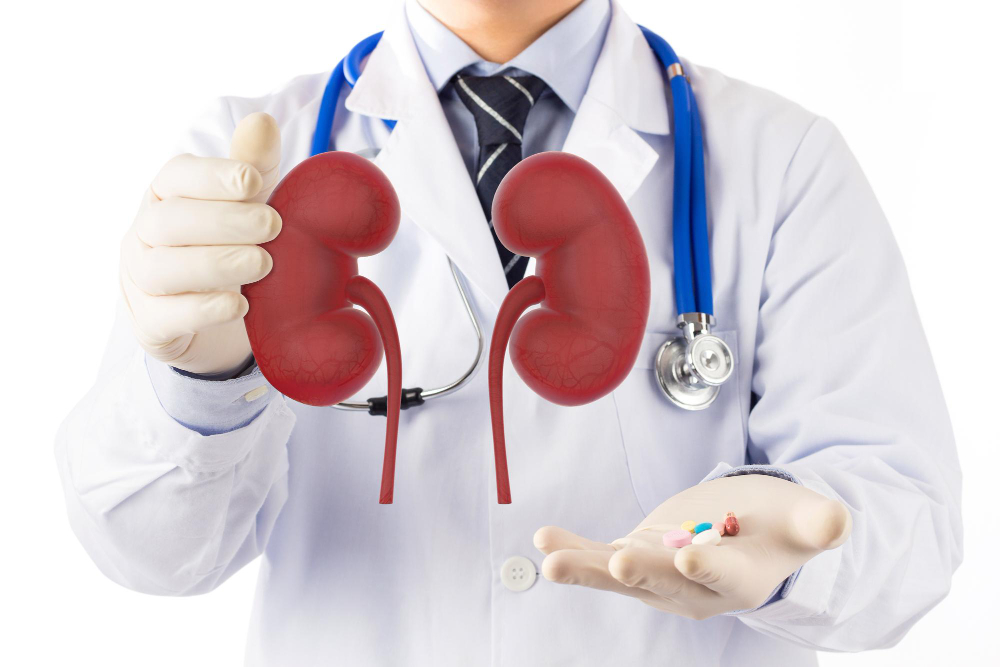Glomerulonephritis is a type of kidney inflammation that affects the tiny filters in your kidneys, called glomeruli. These filters help remove waste and extra fluid from your blood. When they become inflamed, your kidneys cannot work as well. Because healthy kidneys are vital for your body, it is important to understand glomerulonephritis. Early knowledge can help you spot signs and get treatment quickly.
What is Glomerulonephritis?
Glomerulonephritis means swelling or inflammation of the glomeruli in your kidneys. These glomeruli act like tiny strainers, cleaning your blood. When they are inflamed, waste and fluids can build up in your body. This condition can be sudden (acute) or develop slowly over time (chronic). Either way, it can harm your kidneys if not treated.
Sometimes, glomerulonephritis causes only mild symptoms. Other times, it can lead to serious kidney problems. Because of this, knowing about this condition is important for your health.
Causes of Glomerulonephritis
There are many reasons why glomerulonephritis can happen. Often, it starts after an infection or due to problems with your immune system. In some cases, the cause is not clear. However, doctors have found several common causes:
Because there are many possible causes, it is important to see a doctor if you have symptoms. Early treatment can help prevent kidney damage.
Symptoms of Glomerulonephritis
Glomerulonephritis symptoms can be mild or severe. Sometimes, you may not notice any signs at first. But as the condition worsens, symptoms become clearer. Here are some common signs of glomerulonephritis in adults and children:
Because these symptoms can be caused by other health problems, it is important to get checked by a healthcare professional. Early diagnosis can help protect your kidneys.
Conclusion
In summary, glomerulonephritis is a serious kidney condition that needs attention. Knowing the causes and symptoms can help you spot problems early. If you notice any signs of glomerulonephritis, do not wait. Consult a healthcare professional for advice and proper care.

